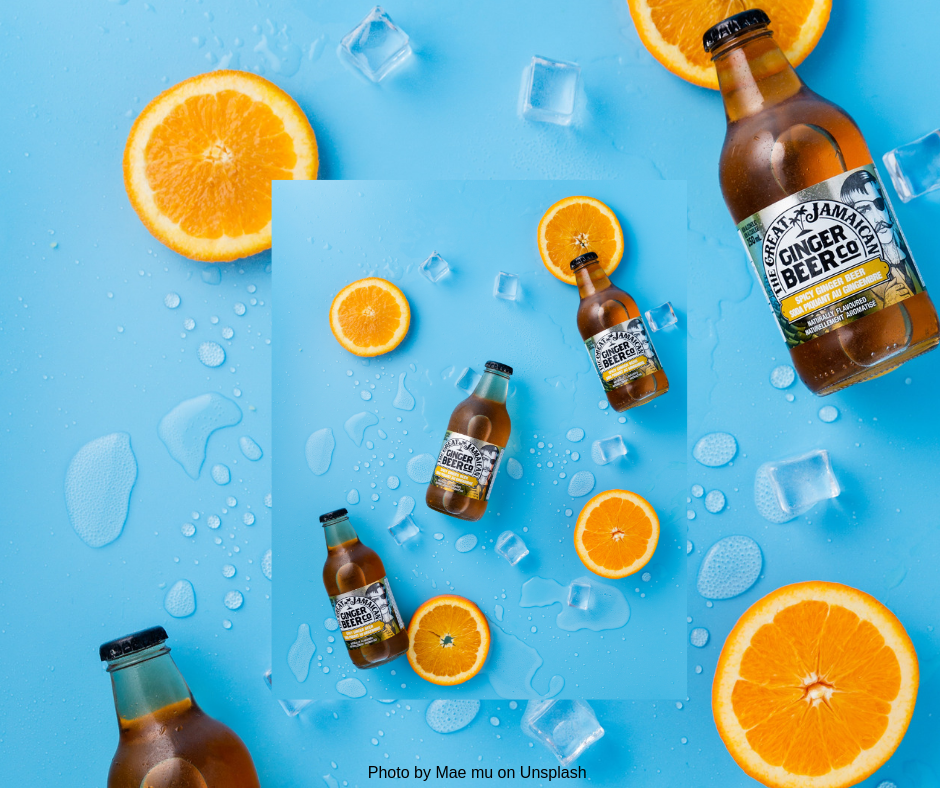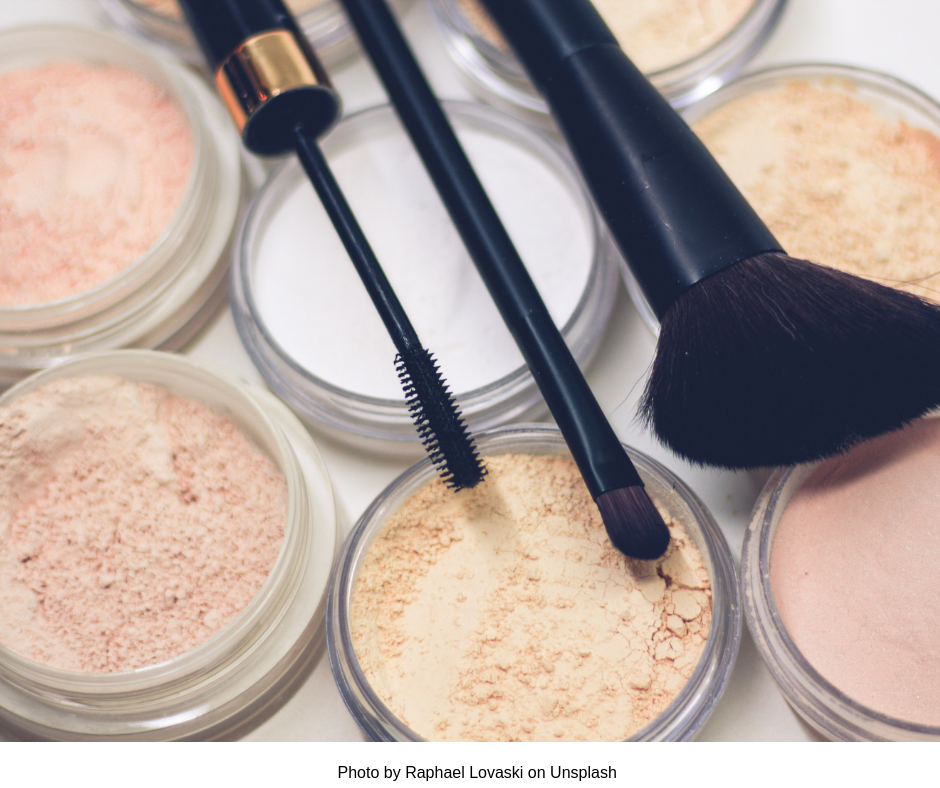
This morning I can imagine you grabbed a cup of smoothie or juice on your way to work in one of those plastic cups. You also quickly stopped by the washroom to apply your makeup before getting into the office; for who does not want to slay first thing in the morning? You probably grabbed a yoghurt as a midday snack and didn’t forget to take the hair, skin and nail supplements. These are all ways biotechnology is helping to improve lives.
The term “Biotechnology” was coined by Karoly Ereky in the year 1919 when he foresaw a time when biology could be used in the manufacture of useful products from raw materials. It is the application of scientific and engineering principles to the processing of materials by biological agents to provide goods and services.
EVOLUTION
The evolution of biotechnology began in the 19th century from the field of Zymotechnology (also called Zymurgy); when the need for an in-depth understanding of industrial fermentation arose, especially as used in the production of beer. Evolving further to include the production of other goods and services that weren’t related to the brewing industry, zymotechnology became known as biotechnology and has wide applications in the Healthcare sector, Agricultural industry, Manufacturing industry, environmental uses.
The developmental stages of biotechnology are in three eras: Ancient biotechnology, Classical biotechnology and Modern biotechnology. The ancient era of biotechnology saw the discoveries and development of sustainable ways of food production and animal rearing. On the other hand, the classical era of biotechnology was solely about scientific discoveries. In this era, Gregor John Mendel discovered the basics for the transfer of generic information; Robert Brown discovered the nucleus in the cell; Walter Hesse discovered Nutrient Agar for pure microbial culture; Edward Jenner and Louis Pasteur discovered vaccination against pox and rabies respectively, and Alexander Fleming discovered antibiotics (penicillin).
The classical era of biotechnology laid the foundation for the modern era, as this era sought to uncover the mysteries surrounding the DNA as a generic material. Other successful discoveries made in this era are the production of the first monoclonal antibodies; the cloning of animals; and the sequence of the genome.

IMPORTANCE
Biotechnology has seen massive advancements in all fields in recent years, particularly in the Healthcare sector where it is effectively abating the growing concern for human health caused by the increased number of infectious diseases on the prowl. The importance of biotechnology abound and a few of this includes;
- It provides goods and services that increase the average lifespan of humans.
- Tackles malnutrition and food epidemic through fortification of food products.
- Minimizes environmental pollution through biodegradation of potential pollutants.
- Improves human health by the use of biological advances in molecular diagnostics and medical vaccines as well as in the production of novel drugs.
- It provides a sustainable way of food production through the planting of nutritionally enriched genetically modified crops.
EVERYDAY USE
In recent years, astounding innovations have been made in the field of biotechnology which has greatly improved the living standards of humans.
Some of the everyday uses of biotechnology around you;
- Pharmaceuticals: Biotechnology is revolutionizing medicines. While pharmaceutical companies produce medicines using chemicals, biotechnology companies are doing so using living organisms. Tell me which one sounds right for you? I know. We all want fewer chemicals in our systems!
- Fabric: This technology is used in the production of carpets, clothing, and upholstery. The process involves dyeing or tanning agents, nylon and polyester which are produced from biochemicals. Next time you put on a sweater, remember it might have involved the use of biotechnology in the making.

- Food: In the making of wine, cheese, bread, and yoghurt, biotechnology is ever-present. Also, technology is used to produce substances that can help ripen fruit and used to extract dietary supplements and herbal products
- Plastics: You know those plastic bags you use for shopping or the takeout boxes from your favorite food chain? Well, these are some examples of bioplastics. They are now being used to make phone cases, sunglasses, shampoo, and conditioner bottles. The list goes on and on.
- Alcohol: As you cool down to a bottle of beer or a glass of wine this weekend, thank the inventors of biotechnology! The process of fermenting barley with yeast to produce beer has taken a full turn since the introduction of biotechnology
Finally, while biotechnology is not risk-free, yet its benefits are such that it can be harnessed to solve society’s problem. The risks if properly managed, would potentially pose no problems to humans. This can only be achieved if the controversies – majorly religious – are surmounted to allow proper utilization of the phenomenal powers of biotechnology.
Written by Chiamaka Adinnu
She is a food scientist who’s also passionate about writing. As such, she has over 5years of experience in high-level research and academic writing, with several awards to her name. A contemporary youth activist and gender advocate, she currently writes for Ananke – a digital platform that seeks to empower young girls and also volunteers with several Non-profit organizations in rendering services to humanity. Chiamaka is also a voracious reader of all things book, in order to make for an informed opinion in her writings. As a long-term goal, she aims to engrave her name in the sands of time through her various writings.


